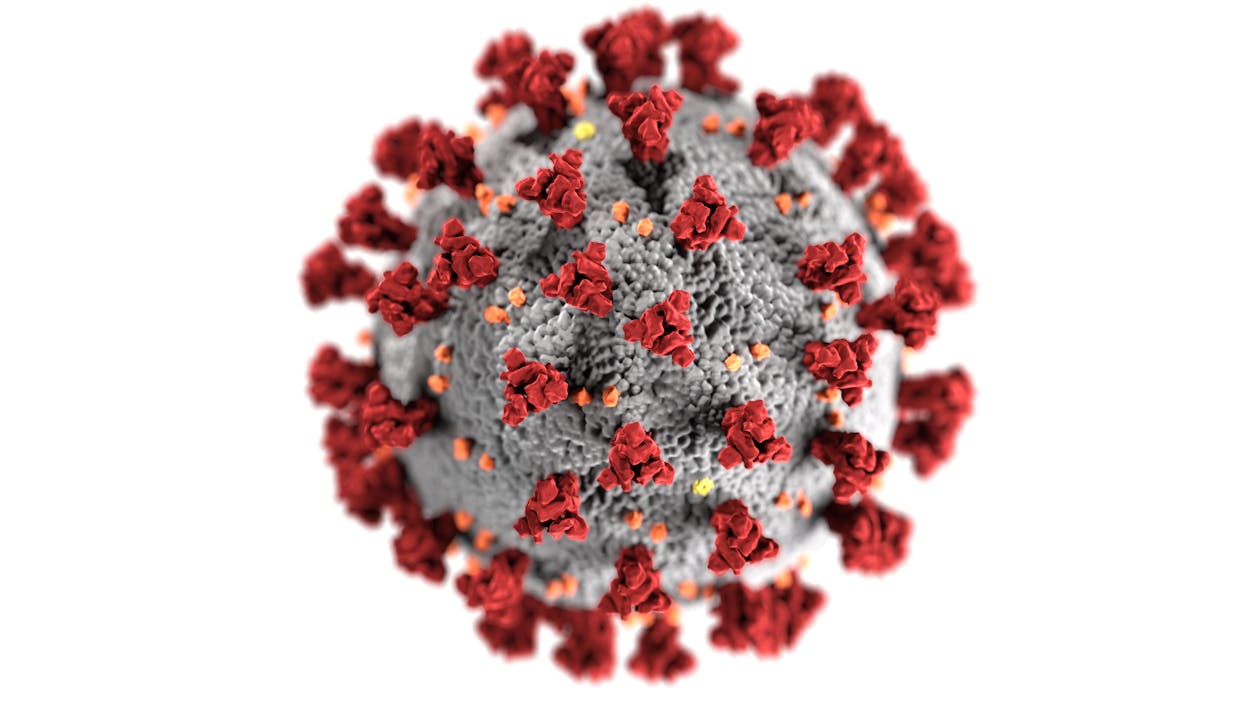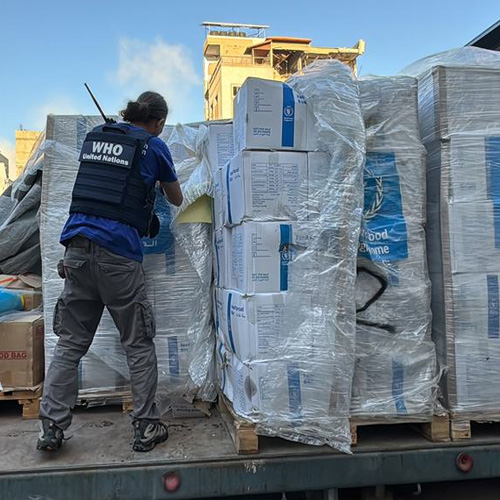BREAKING: VIROLOGISTS FROM 40 COUNTRIES WARN OF NEXT PANDEMIC
BREAKING: VIROLOGISTS FROM 40 COUNTRIES WARN OF NEXT PANDEMIC

WASHINGTON – Leading virologists from more than 40 countries are raising urgent concerns about the increasing threat of H5N1 avian influenza, warning that the virus shows troubling signs of potential pandemic capability.
H5N1 Showing Alarming Adaptations
In a comprehensive commentary published this week in The Lancet Regional Health–Americas, scientists from the Global Virus Network (GVN) highlighted growing evidence that the highly pathogenic avian influenza virus is adapting in ways that could enable efficient human-to-human transmission.
"In the U.S., sporadic human infections with no known contact with infected animals highlight the possibility of viral adaptation for efficient human-to-human transmission," the scientists write. "Concurrently, the virus continues to circulate in wild birds, backyard flocks, and hunted migratory species, further amplifying the risk to humans and domestic animals."
The warning comes as H5N1 has infected more than 995 dairy cow herds across the United States and caused at least 70 human infections, including severe cases and the first reported U.S. death from the virus. The disease can cause symptoms including coughing, body aches, fatigue, pneumonia, and other severe respiratory complications in humans.
Nationwide Spread with Growing Impact
The highly pathogenic influenza virus is now circulating in all 50 states and Canada, resulting in the loss or culling of more than 168 million poultry animals in the United States since 2022.
"Understanding the current landscape of H5N1 infections is critical for effective prevention and response," said Dr. Sten H. Vermund, chief medical officer of the GVN and dean of the USF Health College of Public Health at the University of South Florida. "The virus's ability to infect both animals and humans, combined with recent genetic changes, underscores the importance of proactive surveillance and rapid response measures."

Leveraging COVID-19 Lessons
The virologists are urging global leaders to apply knowledge gained during the COVID-19 pandemic to address the growing H5N1 threat. While human-to-human transmission has not yet been documented, experts warn that virus mutations or the combination of two flu viruses could significantly increase transmissibility.
The expert group outlined several critical recommendations:
-
Continuous monitoring of animals, including testing milk, wastewater, and people working with infected animals
-
Accelerated sharing of genomic data among global research networks
-
Strict biosecurity measures, including personal protective equipment and farm-cleaning protocols
-
Self-administered diagnostic tests for farm workers and improved healthcare access
-
Increased funding for response efforts, especially in high-risk regions
-
Investment in predictive modeling of avian flu viruses based on genetic data
-
Development and rapid administration of vaccines for both people and animals
-
Clinical studies on emerging virus strains, potential therapies, and vaccine effectiveness

Preparing for Potential Vaccines
Dr. Christian Bréchot, president emeritus of the GVN and director of the USF Health Microbiomes Institute, stressed the importance of community engagement in prevention efforts.
"We are advocating for community-driven strategies to ensure the successful implementation of vaccines, if necessary," Bréchot said. "The situation with H5N1 demands heightened vigilance and collaboration across public health sectors. Early detection and robust surveillance are critical to prevent further spread."
Public health officials note that the current situation differs from COVID-19 in important ways, including existing antiviral medications that can treat influenza infections and established platforms for producing influenza vaccines. However, they caution that the high mortality rate associated with H5N1 infections in humans—historically around 60% in previous outbreaks—underscores the need for vigilance and preparation.
The World Health Organization has scheduled an emergency committee meeting next week to evaluate the current risk level and consider potential coordinated international responses.
Related News .
Stay updated with the most important events.




